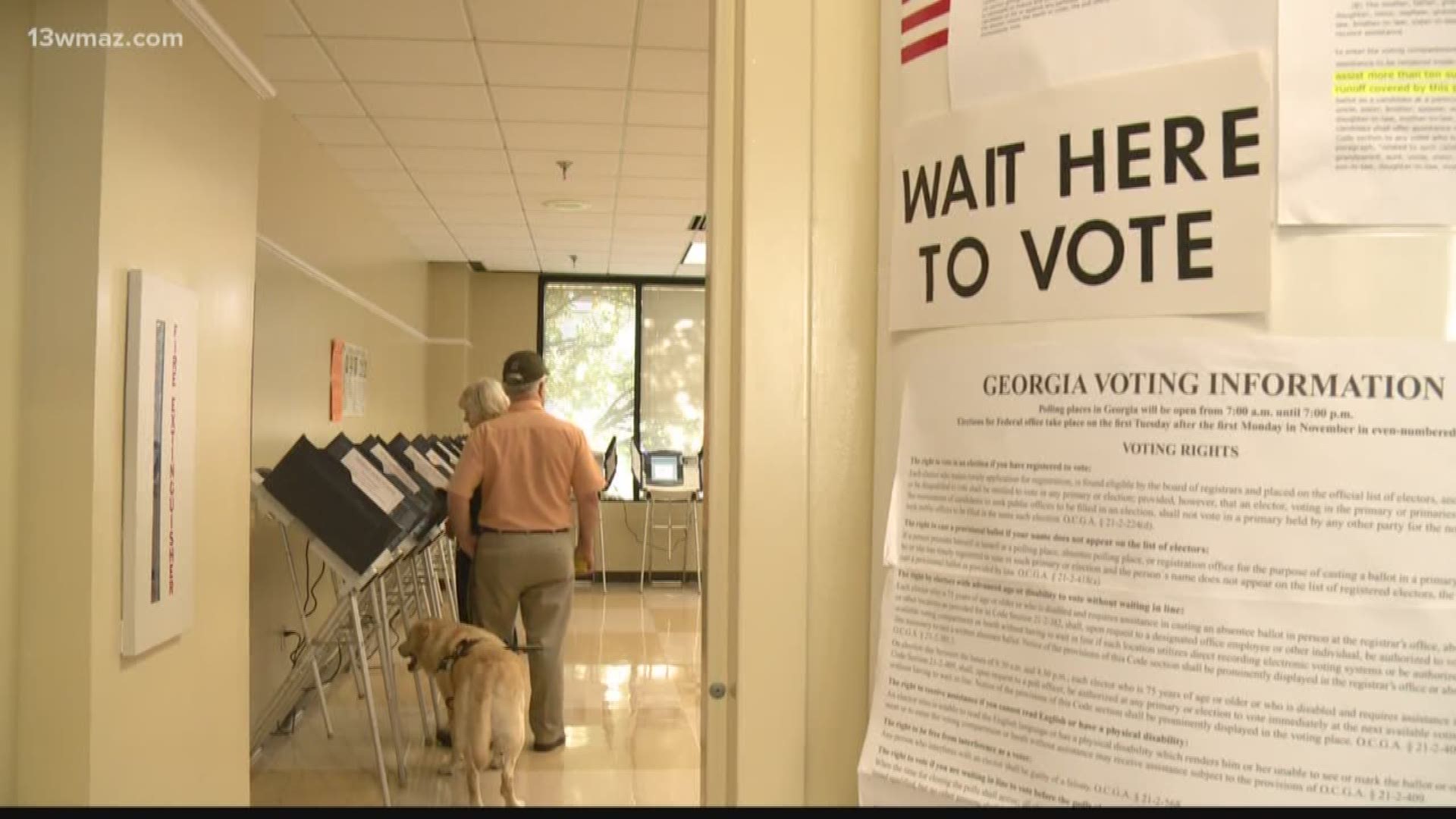SPARTA, GA — A consent decree resulting from a 2017 lawsuit will put extra scrutiny on this year's election cycle in Hancock County.
In 2015, Hancock County challenged the voting eligibility of more than 180 mostly black voters. They later removed 53 people from voter rolls and were challenged in court by the Georgia State Conference of the NAACP.
The lawsuit settled and was finalized in June 2018 with a consent decree, which mandates that any challenge to a voter's eligibility must be examined by a third party attorney.
"We have to report to him a challenge that's been brought and have him oversee it," said board of elections member, Nancy Stephens.
Stephens was one of the leaders in the board's movement to remove voters that she thought no longer lived in the county.
"Some lived in the county, but not in the city so we needed to clean it all up to make sure that they actually lived at the address that they were given," Stephens said.
That process resulted in letters being sent out and even Hancock County Sheriff's deputies arriving at resident's doors, challenging their residency. Some, like former elections supervisor Marion Warren, said it was a practice meant to intimidate voters.
"The whole intent was to remove anywhere between 16-17 percent of black voters in Hancock County," Warren said. "That was so that a Caucasian could have a better chance of winning in the city of Sparta."
The Board of Elections denied that the challenges were based on race. Those they challenged were asked to attend hearings so that residents could prove that they lived in the county.
Johnny Thornton, a plaintiff in the lawsuit and resident of Hancock County, was removed because he was out of town on the day of his meeting.
"A lot of times people that work, you know, [in] Augusta, Atlanta, Macon, these far places; they can't come to these meetings. They can't defend themselves and they get these letters that are intimidating to begin with," Thornton said.
The consent decree now requires that the board do things like reach out to voters by phone and email more than once and that they must find agreeable times to hold challenge hearings with voters.
First and foremost, however, the decree mandates that the board of elections follow state and federal law.

